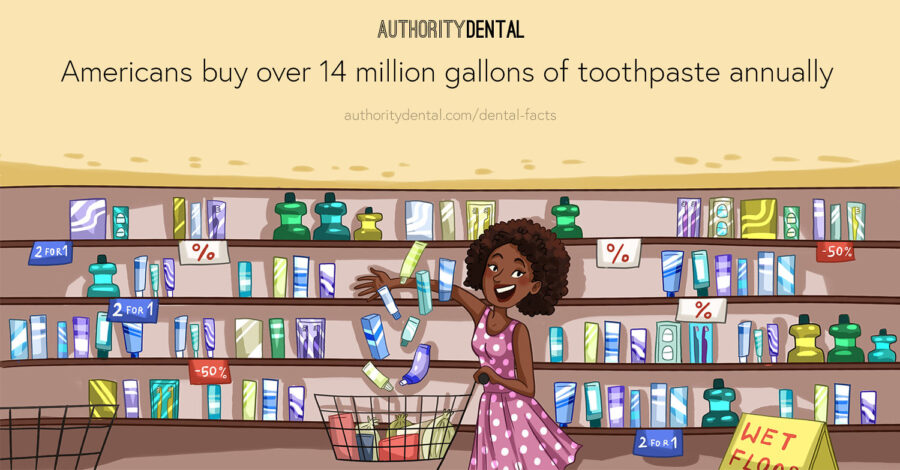
Who Should Use Fluoride-Free Toothpaste?
November 19, 2024 9:00 amTo fluoride or not to fluoride? That’s the question many people face when choosing a toothpaste. Fluoride is celebrated for its role in preventing cavities and strengthening enamel, but it may not be the best choice for everyone. If you’re wondering whether fluoride-free toothpaste is right for you, let’s explore the situations where skipping fluoride might make sense—and what alternatives are available.
Choosing the Right Toothpaste for Your Needs
1. Young Children
Fluoride is safe and beneficial when used correctly, but children under three years old who don’t yet understand how to spit out toothpaste should use a fluoride-free option. Swallowing too much fluoride can cause a bellyache. Excessive amounts can lead to fluorosis, a condition that causes white spots or streaks on teeth. Once your child can spit effectively, your dentist may recommend switching to a fluoride toothpaste for added protection.
2. Fluoride Sensitivity
While rare, some people experience sensitivity or allergic reactions to fluoride. Symptoms might include irritation, rashes, or discomfort. For these individuals, fluoride-free toothpaste may be a better choice. If this sounds familiar, a fluoride-free toothpaste could be the solution, and your dentist can help guide you to alternative ways to protect your teeth.
3. Well Water Users
If you rely on well water, the fluoride content might be inconsistent—it could be too low to protect your teeth effectively or, in some areas, naturally excessive. If your water contains little to no fluoride, fluoride toothpaste is often recommended to prevent cavities. On the other hand, if your well water contains high levels of fluoride, you may want to avoid additional fluoride sources to prevent overexposure. Hydroxyapatite toothpaste is an excellent alternative for strengthening enamel without fluoride, and testing your water can help you determine the best option.
4. Personal Preference
Some people choose fluoride-free toothpaste for lifestyle reasons or concerns about overexposure. With alternatives like hydroxyapatite toothpaste, you can still maintain excellent oral health while avoiding fluoride. Pair this with consistent brushing, flossing, and regular dental checkups for the best results.
5. When Extra Fluoride is Necessary
For patients with a high risk of cavities, prescription fluoride toothpaste with a higher concentration of fluoride may be recommended. This is especially useful for individuals with conditions like dry mouth, which reduces saliva’s natural ability to protect teeth, or those undergoing orthodontic treatment where braces can make thorough cleaning challenging. Patients with significant enamel erosion or a history of frequent cavities may also benefit from the extra protection. Talk to your dentist if you’re unsure whether a stronger fluoride toothpaste is right for your needs.
Making the Right Choice for Your Smile in Bentonville, AR
Choosing the right toothpaste is an important decision, and the team at Main Street Dental is here to help. Dr. Sydney Henderson and Dr. Jeffrey A. Evans believe in personalized care and are happy to discuss whether fluoride-free options or alternatives like hydroxyapatite are right for you. Schedule your next visit today to keep your smile healthy, strong, and beautifully unique!
Image from Authority Dental under CC 2.0
Categorised in: Dental Tips



